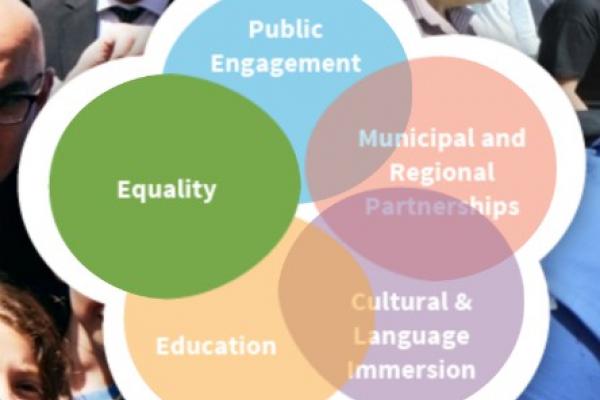
ARCHIVED EVENT
Yaniv Sagee, Executive Director, Givat Haviva
Mohammad Darawshe, Director, Shared Society education department
The Center for a Shared Society at Givat Haviva aims to build an inclusive, sustainable, thriving Israeli democracy based on mutual responsibility and civic equality. Its leading work has been recognized by the award of the UNESCO Prize for Peace Education.
The speakers will discuss how they engage Israel's divided communities in collective action towards the advancement of a shared vision of the future. They will also consider how their model for developing equality and coexistence might be applied in other contexts of societies with deep historical, political and social rifts.
Co-sponsored by COMPAS (Conversations on Morality, Politics, and Society) the Center for Ethics and Human Values, Middle East Studies Center, departments of Near Eastern Languages and Cultures and History at The Ohio State University. Supported by the Diann and Thomas Mann Israel fund.

